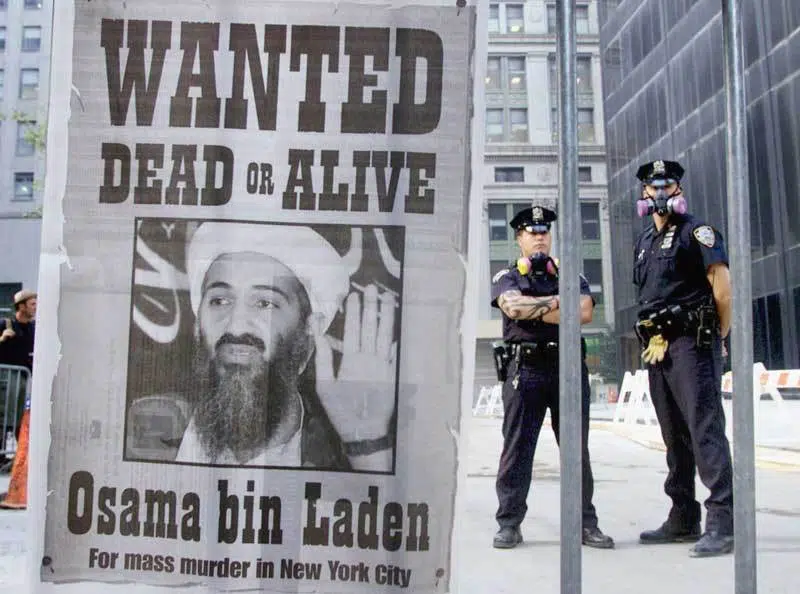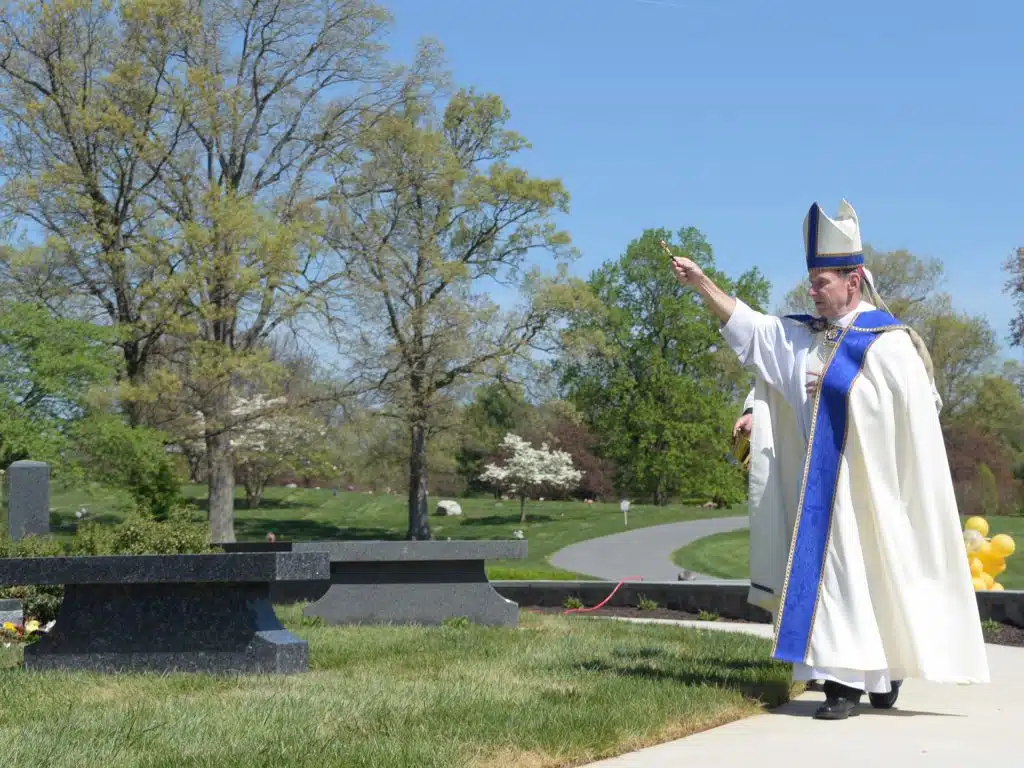The Vatican said the killing of al-Qaida leader Osama bin
Laden, a man who sowed division and hatred and who caused
“innumerable” deaths, should prompt serious reflection about
one’s responsibility before God, not rejoicing.
“It is important that we recognize the distinction between
support for this act of justice defending our nation and a
misguided sense of revenge,” said Arlington Bishop Paul S.
Loverde in a statement released Monday. The bishop pointed
out that the news about bin Laden “brings back many painful
memories for the faithful in our parishes and the members of
our broader community affected by the tragedy of Sept. 11,
2001.”
The Vatican statement came the day after President Barack
Obama announced that U.S. forces had killed bin Laden in an
attack on his hideout in northwest Pakistan. In several U.S.
cities, the news prompted street demonstrations and
expressions of jubilation.
Jesuit Father Federico Lombardi, the Vatican spokesman,
released a brief written statement reacting to the news.
“Osama bin Laden, as we all know, bore the most serious
responsibility for spreading divisions and hatred among
populations, causing the deaths of innumerable people, and
manipulating religions to this end,” Father Lombardi said.
“In the face of a man’s death, a Christian never rejoices,
but reflects on the serious responsibilities of each person
before God and before men, and hopes and works so that every
event may be the occasion for the further growth of peace and
not of hatred,” the spokesman said.
“With confidence in His mercy and guidance, let us pray for
those serving our country, for a conversion of heart among
those who support the evils of terrorism and for the growth
of faith and a desire for peace within our own hearts,” said
Bishop Loverde.
The Vatican missionary news agency, Fides, reported that
Christian schools and other institutes were closed and
churches put on guard in Pakistan’s main cities out of fear
of possible repercussions on the Christian minorities there.
Pakistani Christians are often identified in extremist
literature with the West and the United States.
Paul Bhatti, a government adviser for religious minorities in
Pakistan, told Fides that “the situation is tense.”
“In fact, there are strong fears of reactions – senseless
reactions – against the Christian minorities. The government
is giving the maximum attention to prevention measures,” he
said.
Father Mario Rodrigues, director of the Pontifical Mission
Societies in Pakistan, said after a meeting with government
officials May 2: “They put us on alert, requesting the
closure of our institutes and making available additional
police personnel around the churches. The Christians of
Pakistan are innocent victims in this and other situations.
Any pretext is used to threaten them or launch an attack.”
Rodrigues said some experts predicted that bin Laden’s
killing would weaken the Taliban and their ideologies, which
could help diminish anti-Christian persecution in the long
term. But he said radical Islamic groups were flourishing in
Pakistan, and other extremist leaders could arise.
What is needed, he said, is a serious policy of
interreligious tolerance at every level – cultural, social,
political and legislative.



